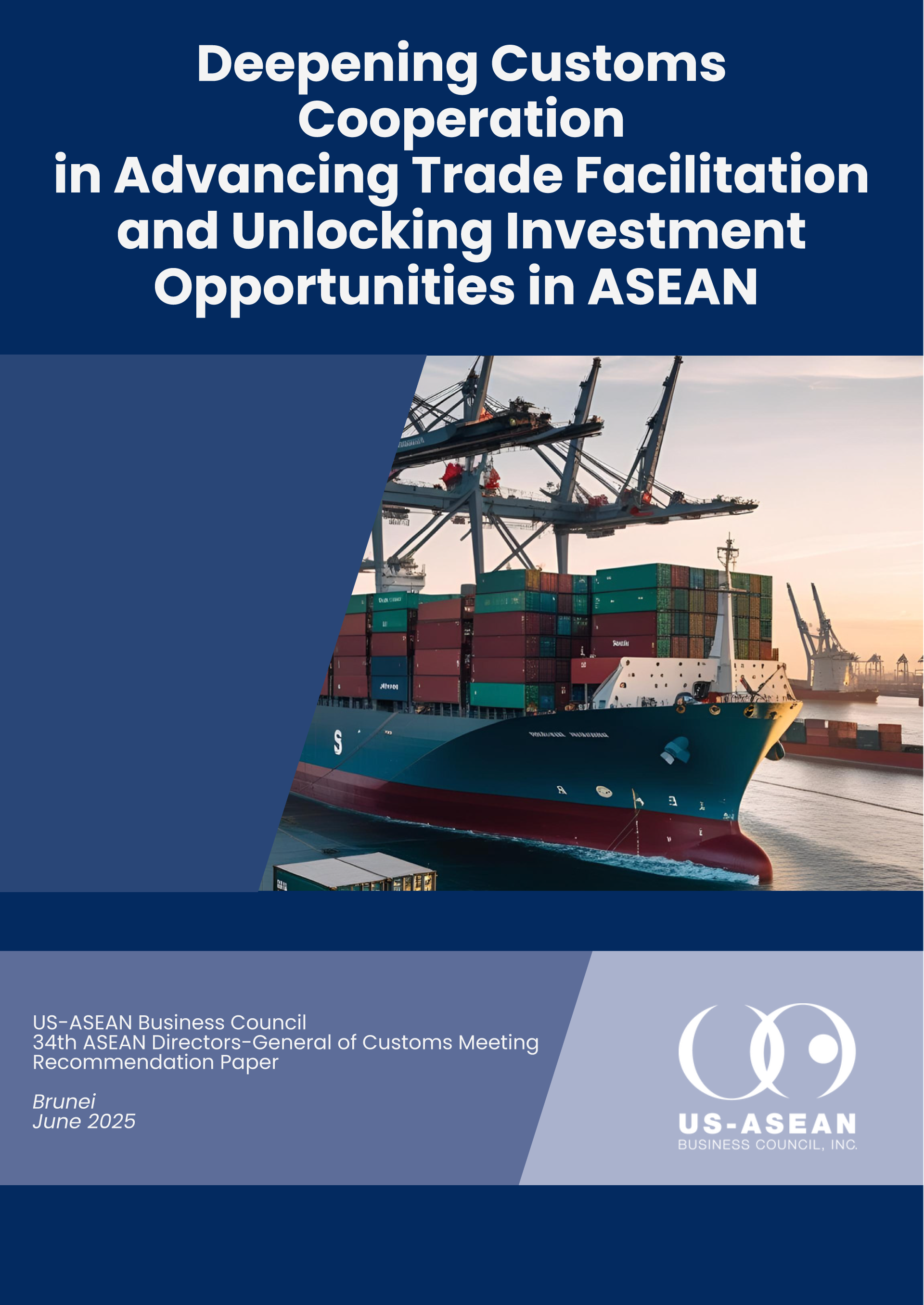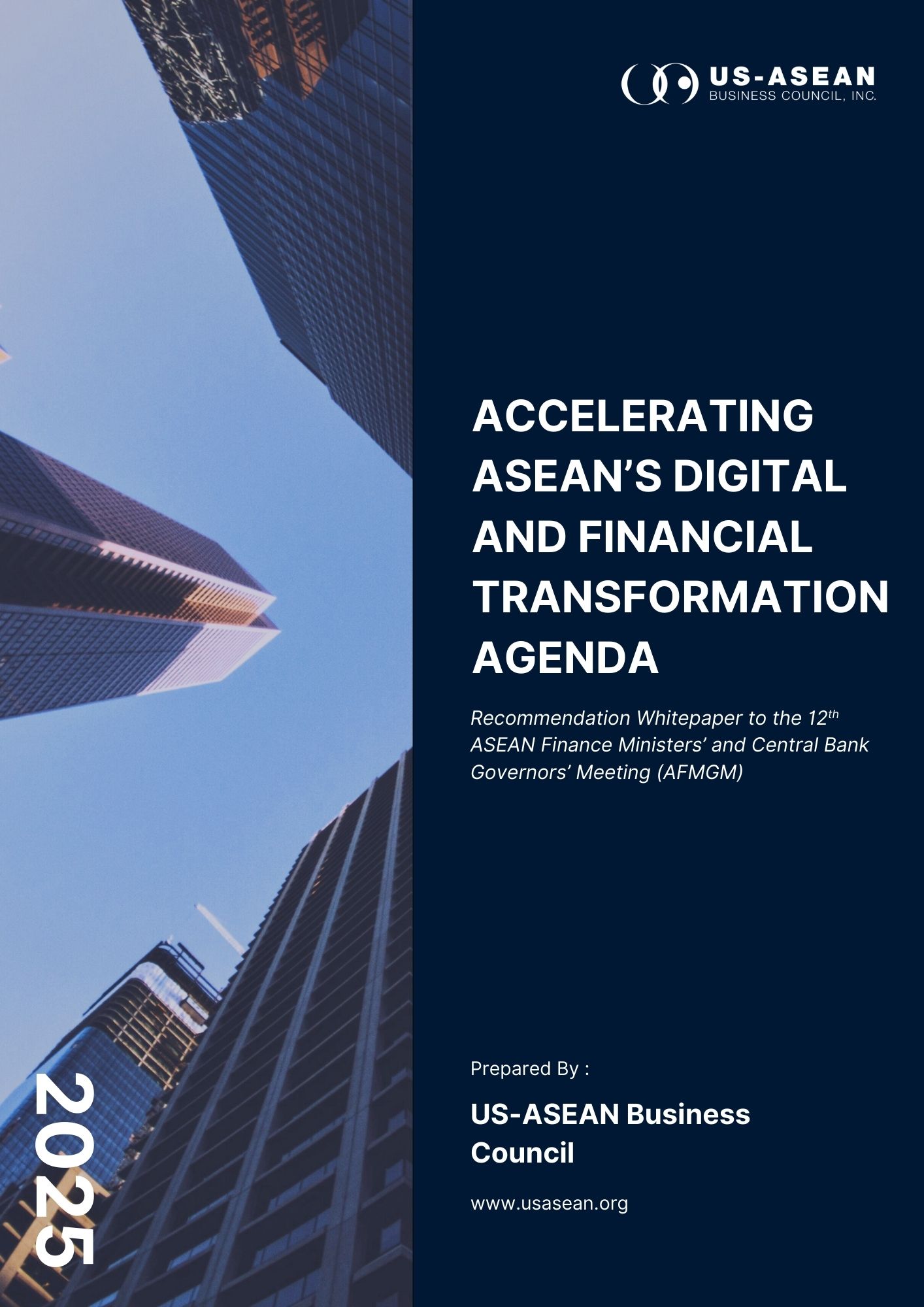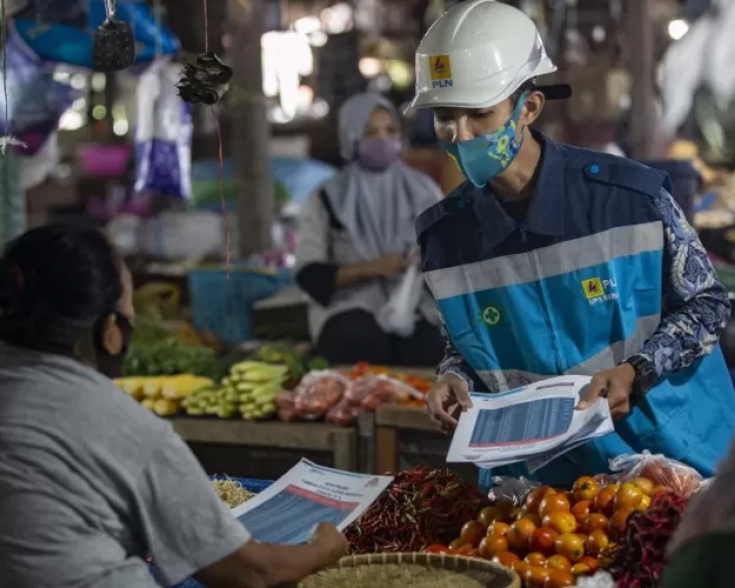ASEAN Centrality: The Impact toward SMEs Digitalization Progress

The ASEAN centrality is the notion that ASEAN should utilize centered regional economic cooperation and integration initiatives and frameworks to help fulfill its regional development goals. ASEAN centrality covers every aspect of ASEAN’s initiatives, which also includes small and medium enterprises (SMEs). The necessity to produce relevant policies for ASEAN SMEs at the regional to global level is increasing, especially in the current era of increased digitalization. This is considered essential as they are the backbone of the region’s economy, yet their level of competitiveness is quite not par with other competing regions.
A study in 2019 concluded that only 10% of Southeast Asian SMEs are utilizing advanced digital tools and ensuring that digitalization is part of the core business models. On the other hand, SMEs that implement basic digital tools and have online presence are found to be at 56% and 34% respectively. This illustrates the ongoing potential that Southeast Asian SMEs l is to establish a harmonized digital economy ecosystem in ASEAN by 2025 through the continuous growth of e-commerce, e-banking, and other digital platforms that aspire to benefit ASEAN societies, including SMEs. Facilitating cross-border digital trade, a more efficient and fairer e-commerce environment, seamless digital payment systems, cross-border data protection, and non-discriminatory competition policies are some of the crucial elements that DEFAhopes to implement. ASEAN Member States show their strong urge and support for digital economy adoption through the comprehensive negotiation towards the formulation of DEFA, especially for SMEs.
Although all Member States agreed upon the importance of a digital economy for SMEs, not all of them are in the same stage of transition. In adopting a digital economy ecosystem, there are six pillars or aspect that illustrates the readiness of Member States to fully transition into the digital economy. Singapore and Malaysia are the two states that perform the best out of all six aspects. Followed by Brunei, Indonesia, Philippines, Thailand, and Vietnam on the right track, though still lacking in at least one more aspect. On the other hand, Cambodia, Laos, and Myanmar have the least developed digital economies. This difference will influence how the ASEAN centrality works in DEFA negotiation rounds.
However, trust and safety are fundamental issues faced by ASEAN SMEs in digitalization which contributes to their digital skepticism. Cybersecurity is another side of the coin that ASEAN government’s must consider, as the advancement of SMEs would be futile if businesses and consumers perceive that their data is not safe. Again, the role of ASEAN centrality is also prominent in ensuring the safety of the region through appropriate cybersecurity measures. To gain the trust and sense of safety of the people and SMEs to embark on digital development journeys, strong cybersecurity measures also must be established.
The ASEAN Cybersecurity Cooperation Strategy will be vital going forward. The initial initiative was conducted from 2017 to 2020, in which it paved the roadmap for a safe and secure regional cyberspace. The second part of the cybersecurity initiative is started in 2021 and will be finished in 2025 with focus on five aspects: 1). Advancing Cyber Readiness Cooperation; 2). Strengthening Regional Cyber Policy Coordination; 3). Enhancing Trust in Cyberspace; 4). Regional Capacity Building; and 5). International Cooperation.
Read more the Council’s recommendation papers on 1) Cybersecurity Standards & Conformance To Support Digital Trade In ASEAN, and 2) Digital Trade Priorities for ASEAN.


![Cover-[USABC-Final]-Driving-ASEAN-Unity-Malaysia's-Vision-for-2025](/sites/default/files/2025-07/Cover-%5BUSABC-Final%5D-Driving-ASEAN-Unity-Malaysia%27s-Vision-for-2025.jpg)



![Cover-[USABC-Final]-Driving-ASEAN-Unity-Malaysia's-Vision-for-2025](/sites/default/files/styles/latest_updates_small/public/2025-07/Cover-%5BUSABC-Final%5D-Driving-ASEAN-Unity-Malaysia%27s-Vision-for-2025.jpg?itok=SE1F1mwK)

